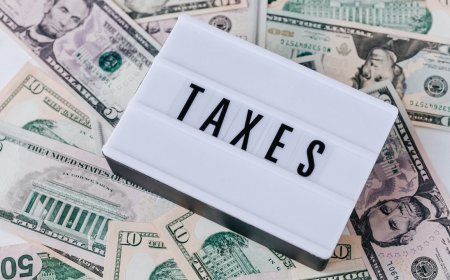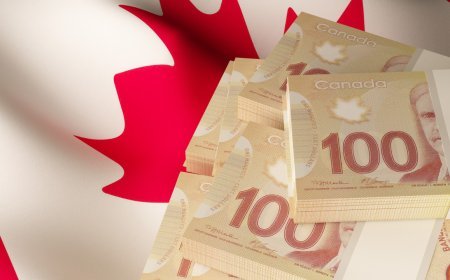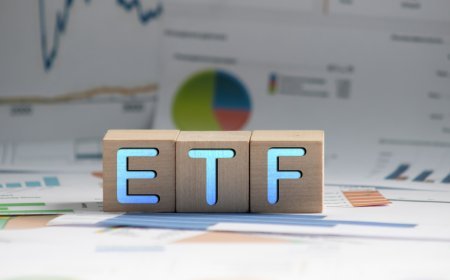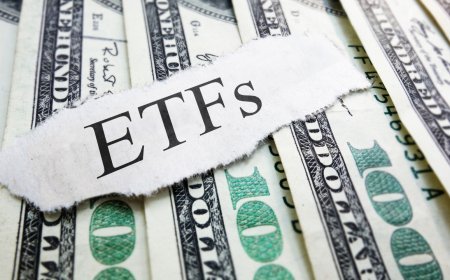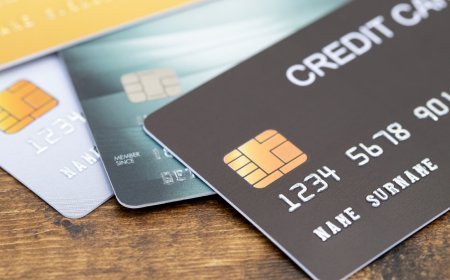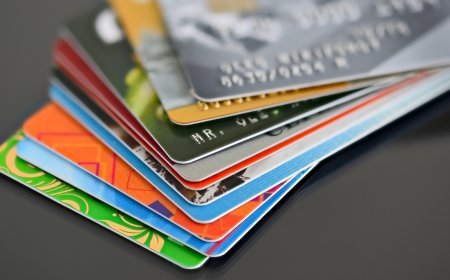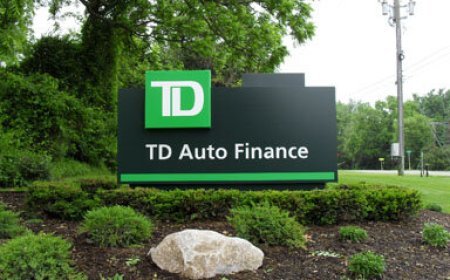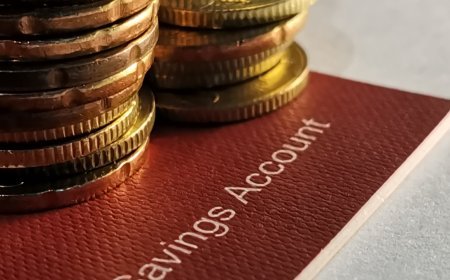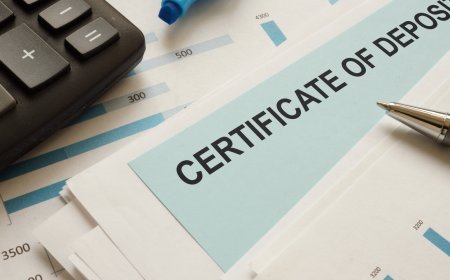Cashier's Check vs Money Order: Which Payment Method to Choose
Compare cashier's checks and money orders to choose the best secure payment method for large purchases, rent, and official transactions.
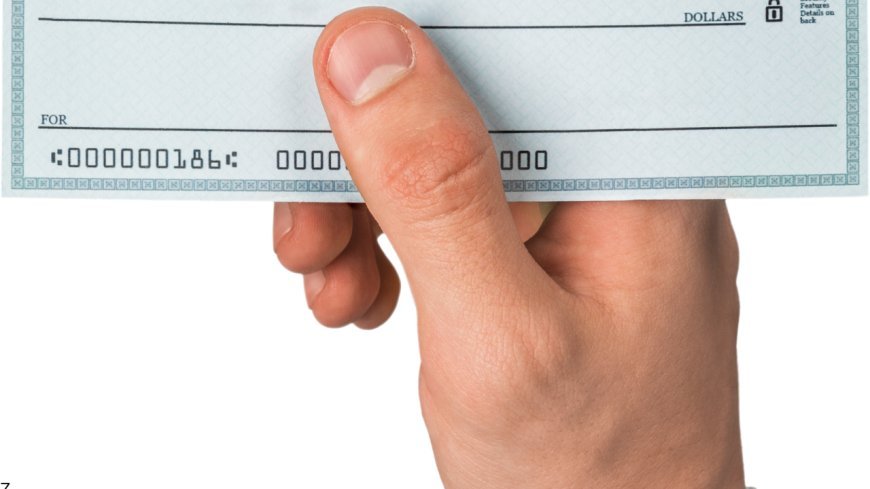
When personal checks won't suffice and cash feels too risky, cashier's checks and money orders provide secure payment alternatives that guarantee funds to recipients. Both instruments serve similar purposes but cater to different transaction needs and offer varying levels of security, convenience, and cost-effectiveness. Understanding these differences helps you choose the most appropriate payment method for your specific situation.
The fundamental distinction between these payment methods lies in their source and backing. Cashier's checks are issued by banks using their own funds, while money orders are prepaid instruments available from various retailers and financial institutions. This difference affects everything from cost and security to acceptance and convenience.
Understanding Cashier's Checks
Cashier's checks represent one of the most secure forms of payment available to consumers. When you request a cashier's check, the bank immediately withdraws funds from your account and issues a check drawn on the bank's own funds. This process guarantees payment to the recipient, as the bank has already collected the money and stands behind the instrument.
The security features of cashier's checks are substantial, including watermarks, security paper, official bank signatures, and unique serial numbers. These features make counterfeiting extremely difficult and provide recipients with confidence that the payment is legitimate. Banks maintain detailed records of all cashier's checks issued, making them easy to trace and verify.
The process of obtaining a cashier's check typically requires visiting a bank branch with proper identification and sufficient funds in your account. Some banks may accommodate phone or online requests for existing customers, but most require in-person verification for security purposes.
Money Orders Explained
Money orders function as prepaid payment instruments that don't require a bank account to purchase or cash. You pay the full amount plus a fee upfront, and the issuer provides a money order that the recipient can cash or deposit. This prepaid nature eliminates the risk of insufficient funds that exists with personal checks.
The widespread availability of money orders makes them particularly convenient for people without traditional banking relationships. Post offices, grocery stores, convenience stores, and many other retailers sell money orders, making them accessible even outside normal banking hours.
Money orders typically have lower dollar limits than cashier's checks, with most issuers capping individual money orders at $1,000. For larger transactions, you can purchase multiple money orders, though this approach increases costs and complexity.
Cost Analysis and Value
The cost difference between cashier's checks and money orders can be significant, especially for smaller transactions. Cashier's checks typically cost between $8 and $15 at most banks, with credit unions often offering lower fees. Some premium account holders may receive fee waivers as a relationship benefit.
Money orders are generally much less expensive, with fees ranging from under $1 at some retailers to around $5 at banks. The U.S. Postal Service offers particularly competitive rates, typically charging less than $2 for money orders. This cost advantage makes money orders attractive for smaller transactions where the percentage cost of a cashier's check would be prohibitive.
However, the cost comparison becomes more complex for larger transactions. While a $15 cashier's check might seem expensive for a $500 payment, it becomes more reasonable for a $10,000 transaction. Money orders' dollar limits mean that large transactions require multiple instruments, multiplying the fees and administrative complexity.
Security and Fraud Protection
Cashier's checks offer superior security features and fraud protection compared to money orders. The bank's backing provides recipients with confidence that funds are available, and the sophisticated security features make counterfeiting extremely difficult. Banks also maintain comprehensive records that facilitate tracking and verification.
Money orders provide reasonable security for their intended use cases, but their features vary significantly by issuer. High-quality money orders from reputable sources include watermarks, security threads, and other anti-counterfeiting measures. However, some money orders have minimal security features, making them more vulnerable to fraud.
The decentralized nature of money order sales can create additional fraud risks. While legitimate retailers follow proper procedures, the variety of sales locations makes it harder to ensure consistent security practices compared to the controlled environment of bank-issued cashier's checks.
Acceptance and Trust Levels
Cashier's checks enjoy widespread acceptance for large transactions, particularly in real estate, automotive, and business contexts. Recipients trust them because of the bank guarantee and sophisticated security features. Many high-value transactions specifically require cashier's checks because of this trust factor.
Money orders are widely accepted for smaller transactions and routine payments like rent, utilities, and online purchases. However, some recipients may be hesitant to accept money orders for large amounts due to their lower security profile and the potential for counterfeiting.
The acceptance difference becomes particularly important in time-sensitive transactions. A cashier's check is more likely to be accepted immediately for large purchases, while money orders might face additional scrutiny or verification delays.
Practical Usage Scenarios
Cashier's checks excel in situations requiring maximum security and recipient confidence. Real estate transactions almost universally require cashier's checks for down payments and closing costs. Car purchases from dealers often specify cashier's checks for final payments. Business transactions and legal settlements frequently mandate cashier's checks to ensure payment certainty.
Money orders serve well for routine payments where personal checks aren't accepted or desired. Rent payments, utility bills, and online purchases often work well with money orders. They're also excellent for sending money to individuals who might not have easy access to check-cashing services.
International considerations can influence the choice between these instruments. Money orders, particularly postal money orders, often have better international acceptance and conversion processes than cashier's checks, which may face additional verification requirements abroad.
Processing and Availability
Cashier's checks typically clear faster than personal checks because the funds are guaranteed by the issuing bank. However, some banks may still place holds on large cashier's check deposits as a precautionary measure, particularly for new account relationships.
Money orders generally process quickly, often clearing within one business day. Their prepaid nature eliminates concerns about insufficient funds, making them attractive to recipients who need quick access to funds.
The timing of obtaining these instruments differs significantly. Cashier's checks require bank visits during business hours, while money orders are available from many retailers with extended hours, including evenings and weekends.
Record Keeping and Tracking
Banks maintain comprehensive records of cashier's checks, making them easy to track, verify, and replace if lost. Stop payment services are available, though they may require affidavits and waiting periods. The formal banking relationship provides additional recourse if problems arise.
Money order tracking depends on keeping your receipt and varies by issuer. Postal money orders offer good tracking services, while some retail issuers provide limited tracking capabilities. Replacing lost money orders can be more complex and time-consuming than replacing cashier's checks.
The choice between cashier's checks and money orders ultimately depends on balancing security, cost, convenience, and recipient requirements. For large, important transactions where maximum security is paramount, cashier's checks provide superior protection and acceptance. For routine payments and smaller amounts, money orders offer an economical and convenient alternative that meets most security needs while remaining accessible to people without traditional banking relationships.
What's Your Reaction?
 Like
0
Like
0
 Dislike
0
Dislike
0
 Love
0
Love
0
 Funny
0
Funny
0
 Angry
0
Angry
0
 Sad
0
Sad
0
 Wow
0
Wow
0

